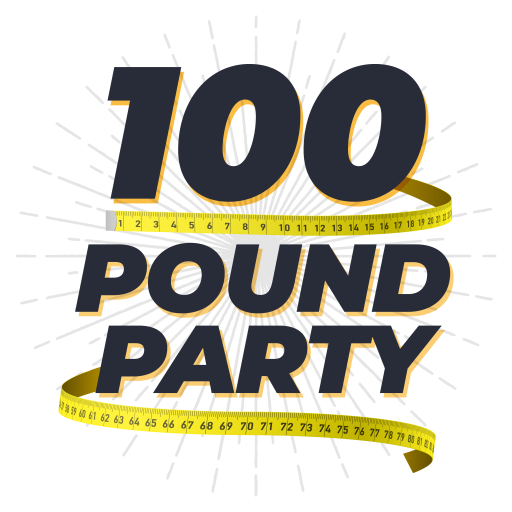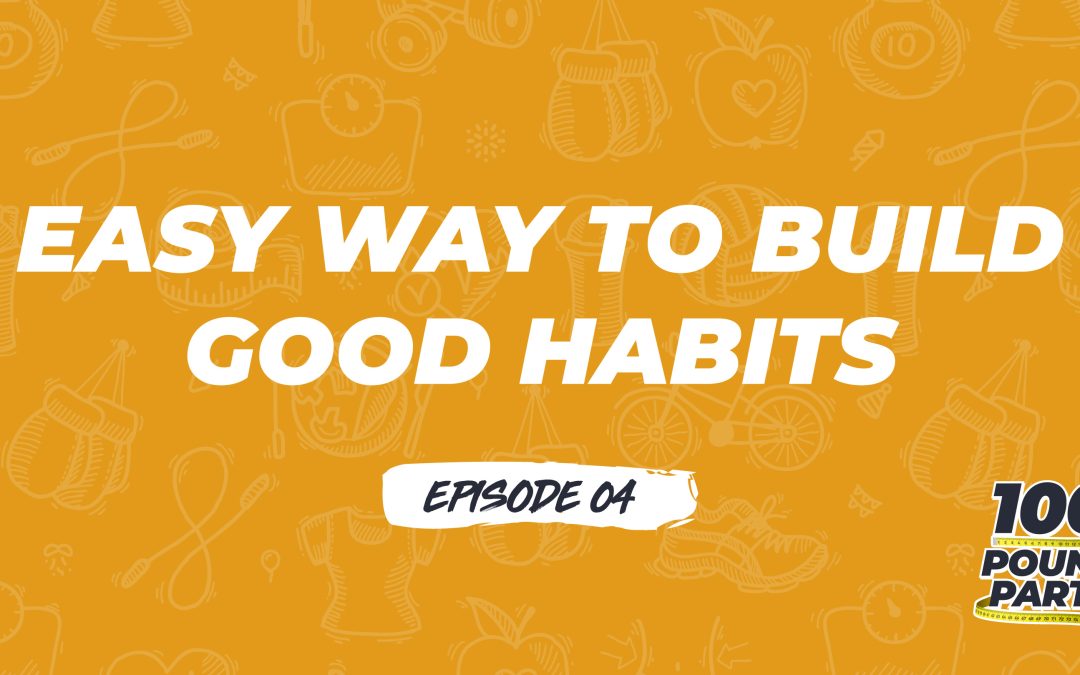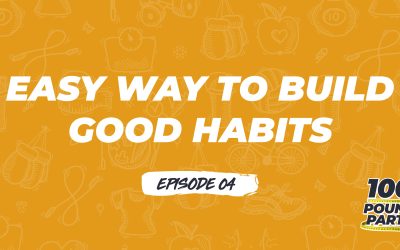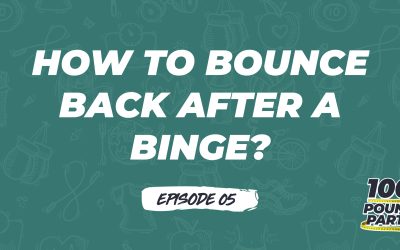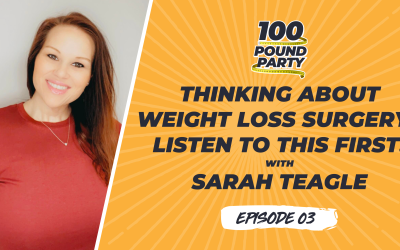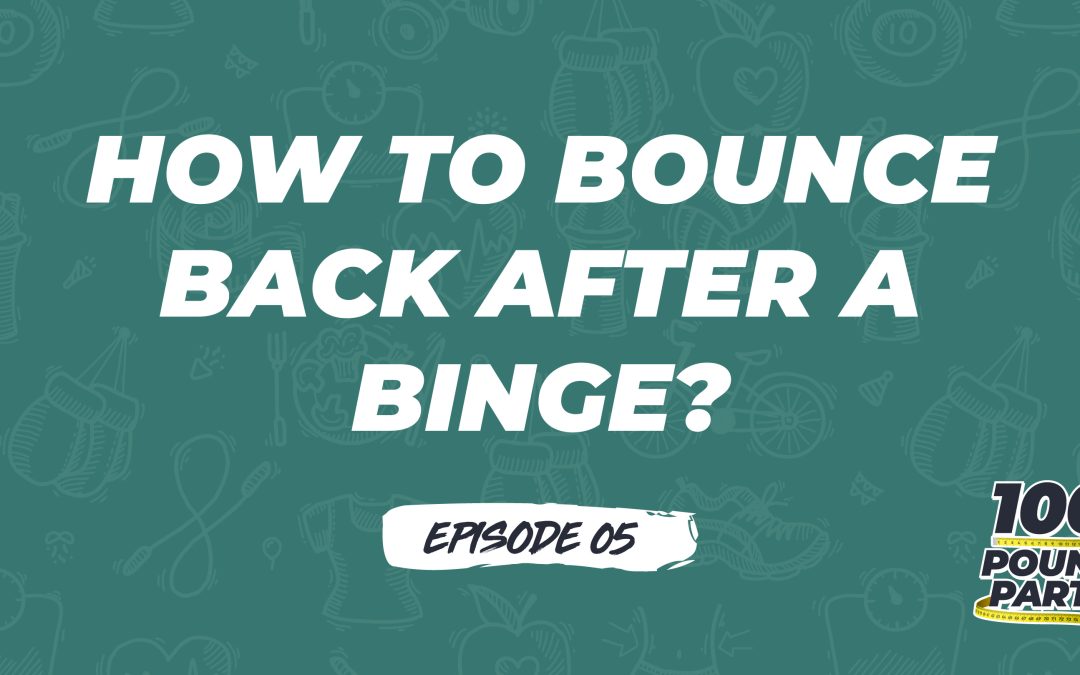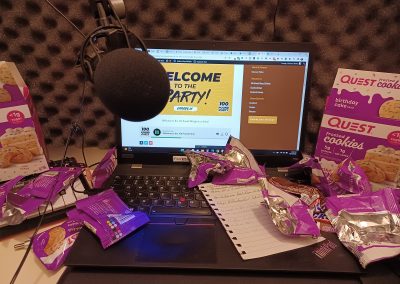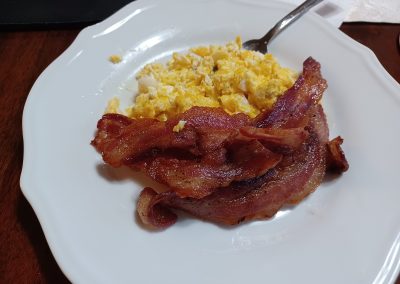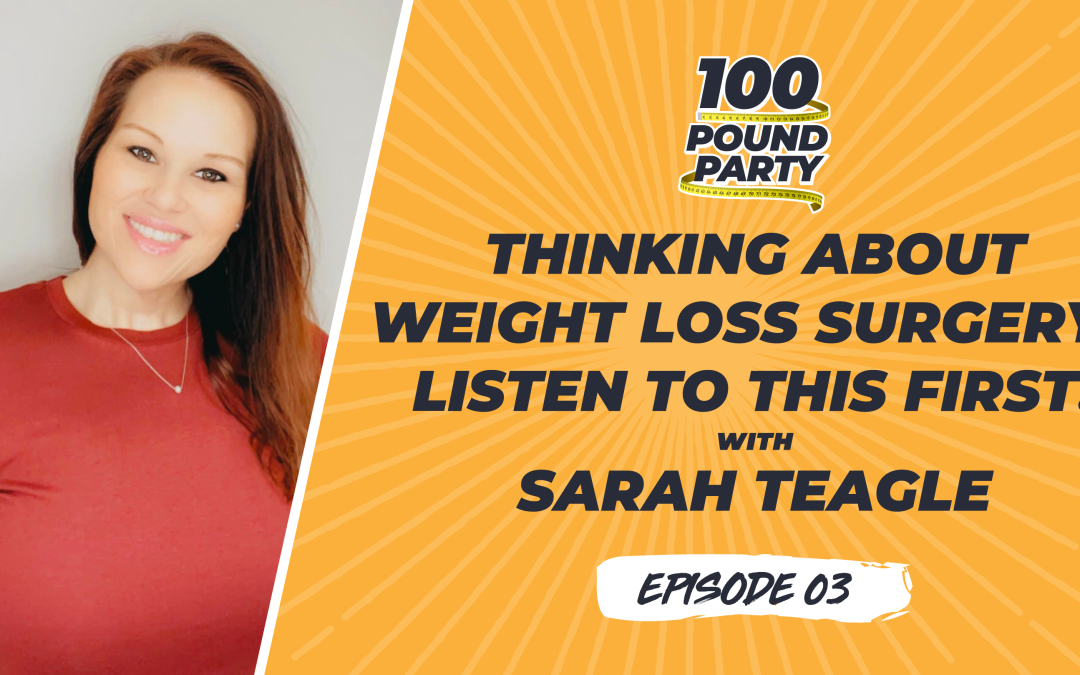Habits are powerful things. They can change your life in ways you never imagined possible! The problem is they can be hard to build and keep.
In this episode, we’ll discuss the easy way to create healthy habits and stick to them, including making a plan that fits into your lifestyle.
If you’re looking for a way to finally make your healthy changes stick, this episode is for you! Listen now!
